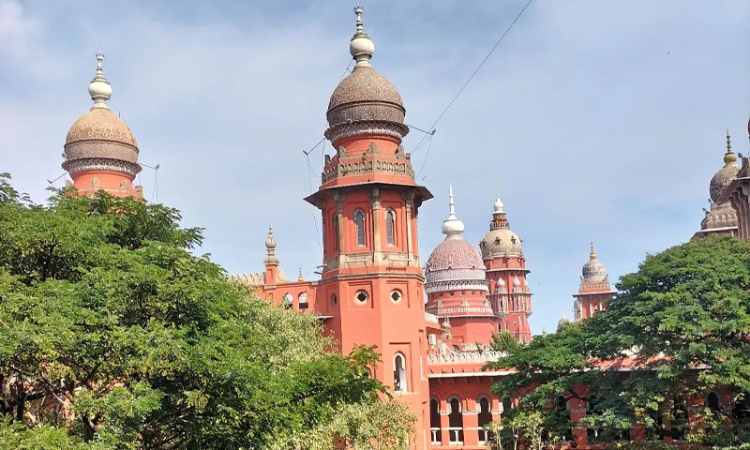Non - Signatory Can Be Referred To Arbitration Under ‘Doctrine Of Alter Ego’: Madras High Court
Parina Katyal
26 Jan 2023 1:00 PM IST

Next Story
26 Jan 2023 1:00 PM IST
The Madras High Court has ruled that non-signatories to arbitration agreement can be referred to arbitration by invoking the ‘doctrine of alter ego’ only in exceptional cases where there is convincing evidence that the non-signatory is the ‘alter ego’ of the signatory. The bench of Justice Senthilkumar Ramamoorthy remarked that the doctrine of alter ego is applied in...
